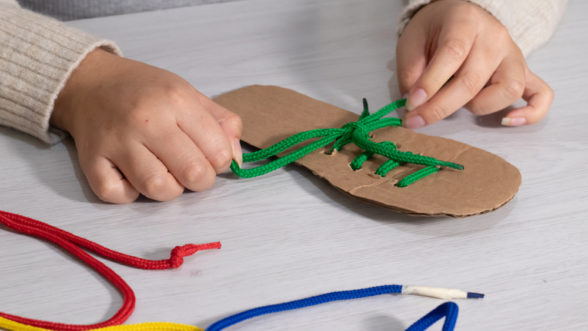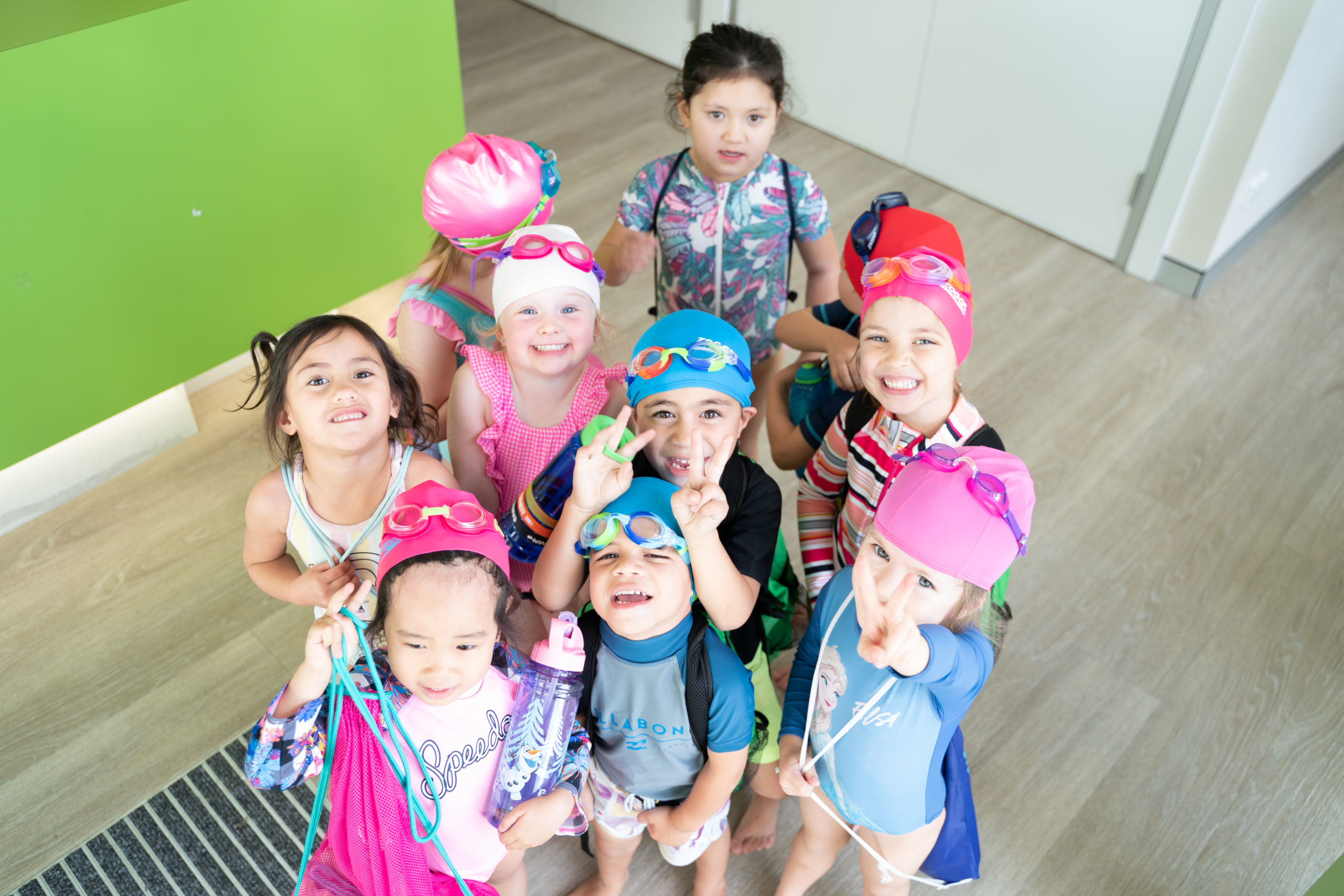
Education, Useful tools
Useful tools, Wellbeing
15 February, 2022

If you’re yet to dip your toe (pun intended) into the world of swimming lessons, listen up. Before you sign your little one up to your local swim school, there are a few things you should know.
While there is no ‘right time’ to start your child in swimming lessons, many experts will tell you that it’s a case of the earlier, the better. Your six-month-old probably won’t be able to paddle or kick their legs in their first lesson, but the familiarity they will gain with the water and the swimming lesson structure is invaluable. A group session is great for younger children as they are typically full of songs, fun equipment and other children for your child to emulate and interact with.
If your child is a bit older and is yet to experience swimming lessons, don’t despair – there really is no time like the present. Most swim schools are set up to accommodate children of all ages, skill levels and abilities, particularly swim schools that offer private lessons. Ask the parents and educators in your network for their recommendations, but also be sure to chat to the manager of your child’s prospective swim school to get a better idea of the teachers, lesson structure, class times and necessary equipment.
Learning to swim is a challenging (but incredibly valuable) skill. It takes commitment to achieve and maintain, and your child won’t always feel like going along to their lesson. At 6 o’clock in the morning or after a long day at work, you probably won’t want to take them either! But the key to helping your child become a confident swimmer is sticking with it, even during winter (you’ll be amazed what they forget after a few months out of the pool). Consider factors like driving distance, cost and convenience when choosing your child’s swim school to make the process as easy to commit to as possible.
Learning to swim provides more benefits than simply helping your children feel safe around the water. In fact, there are so many additional benefits to learning to swim that the pool is almost as important as your child’s classroom. Learning to swim can develop their literacy and numeracy skills, while being in a class with a teacher and peers allows them to improve their social skills. Physically, swimming improves strength, cardiovascular endurance and flexibility, and can be a more accessible sport for children with disabilities. Not to mention, it’s a lot of fun!